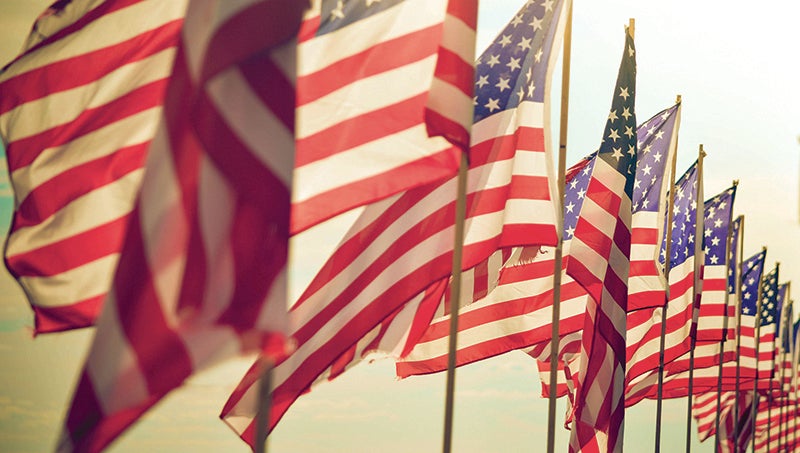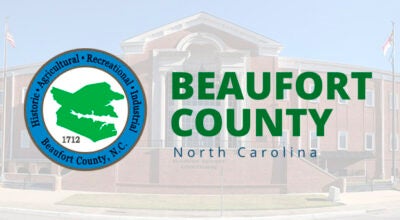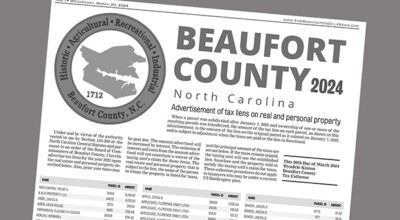Four chaplains and patriotism
Published 7:57 am Monday, May 25, 2020
|
Getting your Trinity Audio player ready...
|
Every Memorial Day we honor those who fought in foreign wars by remembering the sacrifices they made for the nation. One of the most memorable sacrifices was that of the Four Chaplains during WWII.
On Feb. 3, 1943, while sailing off Newfoundland in the North Atlantic, the troop ship SS Dorchester was torpedoed by a German submarine. As the boat began to sink into the cold waters of the Atlantic, four American chaplains on board helped other soldiers board lifeboats and gave up their own life jackets when the supply ran out. As the ship went down, they said prayers and sang hymns.
“And one was a Methodist and one was a Jew and one was a Catholic with one good shoe.” (In reality, the fourth chaplain was a Reformed Church minister but including him would have destroyed the metre of the verse). Different faiths, backgrounds and denominations but “all of them saints of God.” What makes them saints was their willingness to sacrifice themselves for their fellow soldiers and civilians. They died willingly so that others might live.
It’s easy to conclude that what the chaplains did was patriotic. But the contours of patriotism are not always so easy to discern.
In fact, what patriotism includes may differ from one American to another. For example, some Americans define patriotism as the unquestioning support of everything America does. Their motto is “My country right or wrong — no matter what action America takes, I support it.”
Others might consider that attitude overly stern and in contradiction of the wishes of the Founding Fathers and the Constitution. They might agree with Mark Twain who said: “Patriotism is supporting your country all the time and your government when it deserves it.” Twain’s sentiment was echoed decades later by Ron Paul who said: “Real patriotism is a willingness to challenge the government when it’s wrong.”
Still others might insist that patriotism be tempered by caution so that zealotry not become excessive and morph into narcissistic nationalism. To support this understanding of patriotism, they might direct one’s attention to the fact that while the Founding Fathers saw themselves as patriots, their fellow Brits in the Motherland condemned them as traitors.
Which understanding is “correct?” Does the embrace of one definition mean that all others are mistaken? Can there be more than one valid way of being a patriot?
As great as the example of the Four Chaplains is and as much as I admire their witness, I wonder if the term “patriot” might be expanded to include those who protest wars rather than fight them, those who work for peace (the “peace makers,” as Jesus calls them in the Beatitudes). Can one be a patriot by protesting the decisions of leaders who put American soldiers “in harm’s way” in illegal and unnecessary armed conflicts? Leaders who exploit the patriotism of American citizens by leading them into wars of choice rather than necessity?
For persons of faith, illegal wars must also be seen as immoral, in that they are violations of moral codes and religious tenets handed down through millennia. Wars fought for reasons other than self-defense are not only criminal but immoral acts against all that is considered sacred and righteous.
So, I wonder — might we also include in our list of patriots those who protest illegal wars prosecuted on their behalf? Those who try to “make peace” when officials are determined to make war? Might we honor them on Memorial Day as well? Did they not also sacrifice some part of themselves to preserve the Constitution and the values upon which America was founded?
Polk Culpepper is a retired Episcopal priest, former lawyer and a resident of Washington.





